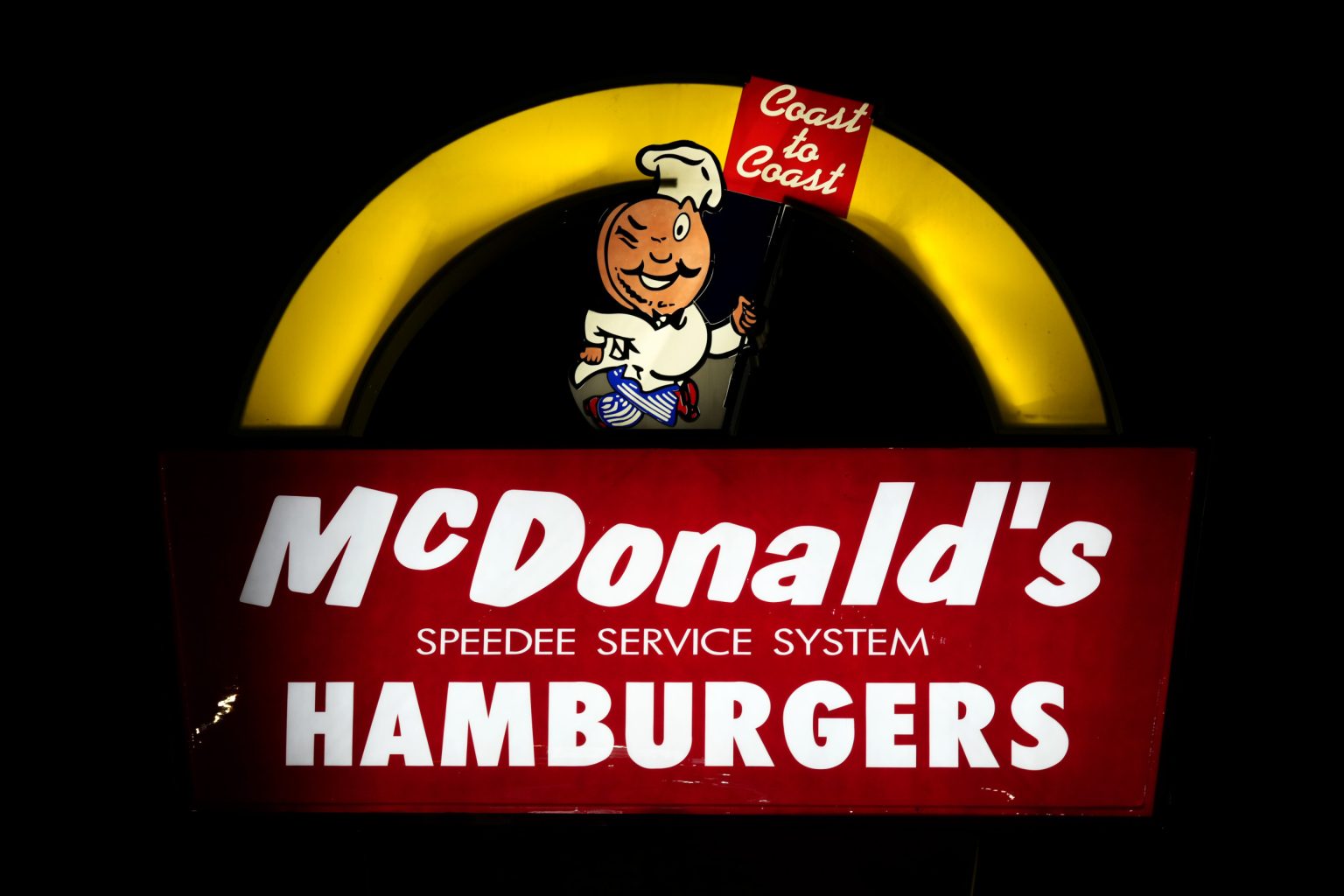McDonald’s has reported a slight increase in U.S. sales for the third quarter, largely due to the introduction of value meals as customers try to navigate widespread rising prices. The company announced a modest 0.3 percent increase in same-store sales during the July to September period, following the launch of a $5 value meal in late June. The deal resonated well with consumers, leading McDonald’s to extend it through December at most U.S. locations to attract budget-conscious diners. However, the company now faces potential setbacks from an E. coli outbreak linked to its Quarter Pounder hamburgers, prompting concerns and precautions to ensure food safety.
The E. coli outbreak, which led McDonald’s to remove Quarter Pounders from around 3,000 stores, has resulted in one fatality and at least 75 people falling ill across 13 states. The U.S. Food and Drug Administration identified slivered raw onions from a supplier as the likely source of the contamination. In response, McDonald’s ceased sourcing onions from the affected supplier and plans to reintroduce the Quarter Pounder to its U.S. menus within a week. The burger will be served without onions at 900 locations to prevent further risks. Despite these challenges, McDonald’s aims to maintain its recovery in U.S. sales and uphold food safety standards to regain customer trust and confidence.
Internationally, McDonald’s faces challenges as well. Demand in China has weakened due to the slowing economy, with consumers opting for cheaper alternatives. The ongoing conflict in the Middle East has further complicated the company’s global performance, resulting in sales declines in various regions. Overall, McDonald’s same-store sales declined by 1.5 percent across the company in the third quarter, falling short of analyst expectations. Despite these struggles, the company reported a 3 percent increase in revenue, reaching $6.87 billion, and net income dipped 3 percent to $2.25 billion. Adjusted earnings exceeded expectations, but news of the E. coli outbreak caused shares to decline, prompting discussions about the potential long-term impacts on the company’s reputation and sales trajectory.
McDonald’s response to the E. coli outbreak and other challenges will be closely watched by investors and consumers as the fast-food chain remains a key player in the industry. The company’s ability to maintain food safety standards, address sales declines in various regions, and adapt to changing consumer preferences will be crucial for its long-term future. The success of value meals in the U.S. demonstrates McDonald’s agility in responding to market conditions, but ongoing issues internationally pose challenges that require strategic solutions. The company’s commitment to transparency, accountability, and customer satisfaction will be essential in shaping its reputation and performance moving forward.
In conclusion, McDonald’s faces a mix of successes and challenges as it navigates the competitive fast-food industry. The company’s modest increase in U.S. sales driven by value meals contrasts with international sales declines and the E. coli outbreak linked to its Quarter Pounder burgers. McDonald’s response to these challenges, including ensuring food safety, addressing sales declines in key regions, and meeting changing consumer preferences, will shape its long-term future. Investors and consumers will closely monitor the company’s actions and decisions, as its reputation and performance in the market depend on its ability to adapt and thrive amidst ongoing challenges.








